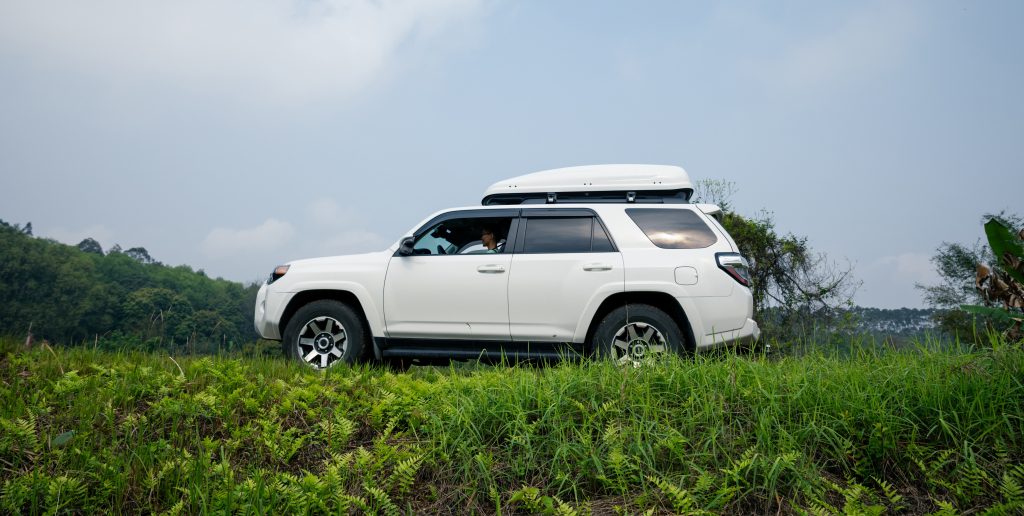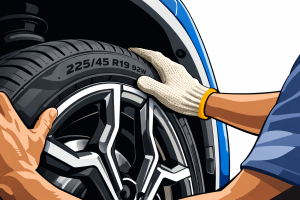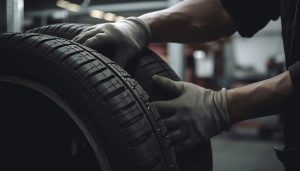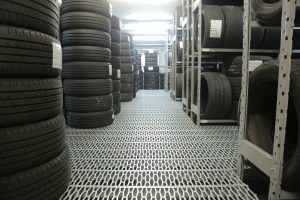When choosing the best type of tyres for your car, there are several aspects to take into account, such as their performance, quality, rolling resistance, durability, and also the type of climate you live in.
In this sense, there are three types of tyres that adjust to different climate zones: summer tyres, winter tyres, and all-season tyres.
Winter tyres have a softer structure than summer or all-season tyres, which provides them with an enhanced grip at cold temperatures.
They are especially convenient in countries with extremely low temperatures and in areas with heavy rain or snow.
However, winter tyres in summer tend to wear quickly, which causes them to be replaced earlier and increases the fuel consumption of the vehicle.
Our country has a tropical climate with very little seasonal variability throughout the year. For that reason, we are going to leave winter tyres out of the equation.
So now that the winter tyres have been discarded, let’s move on to the remaining candidates: summer tyres and all-season tyres.
All-Season Tyres
All-season tyres come in many models, sizes, load capacities, and speed ratings, and are suitable for almost any kind of vehicle such as SUVs, passenger cars, light trucks, and minivans.
One of their main advantages is that they offer a longer lifespan than tyres that are designed for specific conditions, such as summer and winter tyres.
In fact, all-season tyres are designed to offer longer tread life than summer tyres, thanks to their tread patterns and rubber compounds, which make them suitable for wet roads and cold temperatures as low as 4°C.
All-season tyres constitute a mixture that features some of the strengths of summer and winter tyres, so they can be a good option for drivers in moderate climates.
However, even if all-season tyres perform well in warm weather, they may offer less grip and cornering performance than summer tyres.
Since they are also designed to provide longer tread life and perform well in winter conditions, some of their steering, braking, and cornering capabilities might not be up to par, especially in extreme heat.
If you have any more all-season tyre questions, try visiting your local Tayaria tyre shop to find out more.
Summer Tyres
Summer tyres, on the other hand, feature a special tread pattern and rubber compound, which allow for improved precision on the road, making them ideal for high-performance vehicles, such as sports cars, luxury SUVs, EVs, etc.
Summer tyres also offer increased responsiveness, cornering, and braking capabilities.
This is possible thanks to the unique design of their tread patterns, which have less grooving, so the surface of rubber in contact with the road is wider, providing an enhanced grip and preventing hydroplaning even with heavy rain.
Summer tyres also offer more stability, along with precise handling, and short braking distances.
However, its use is not recommended with temperatures below 7°C since they do not hold traction in colder weather.
Also, the colder the temperature gets, the stiffer tyres become, which can lead to cracking.
Due to their unique tread patterns, most summer tyres are limited when it comes to rotation, since front tyres might be able to be rotated, but the rear and forward tyres cannot, resulting in quicker wearing of the tread.
To sum up, choosing the best type of tyre can be tricky, so our advice would be to see the manufacturer’s recommendations and pick the ones that best adapt to your vehicle, climate, and driving conditions.
And if you’re still in doubt, you can always ask your mechanic.
For further advice on tyre maintenance and tyre ageing, take a look at our dedicated articles on the website or even give your local Tayaria outlet a call.





